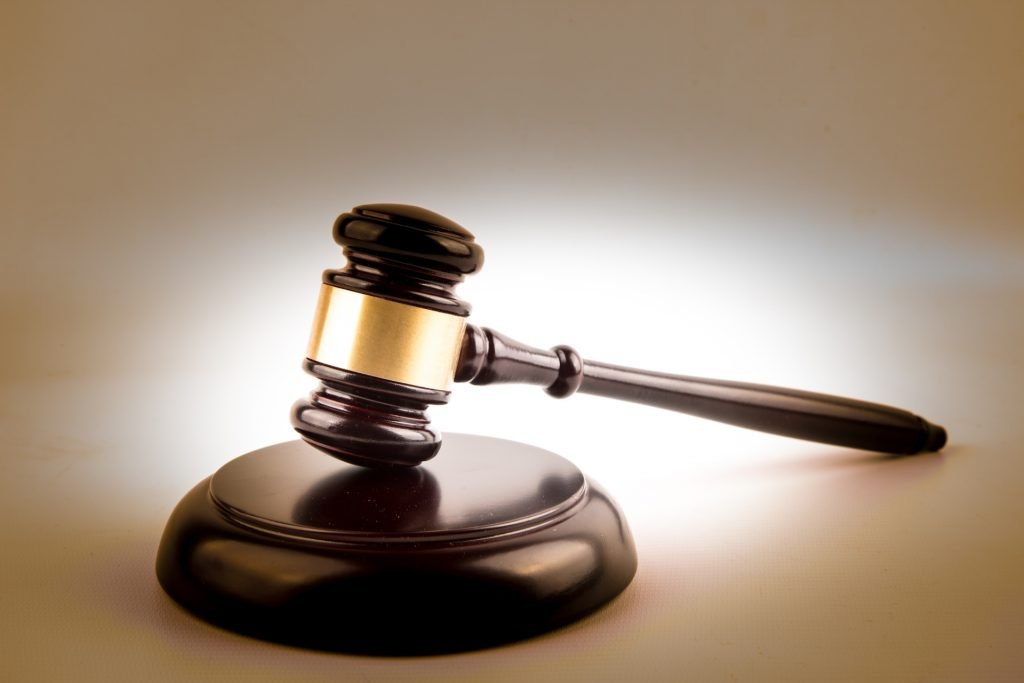Appeal Court dismisses media house's defamation appeal

INVESTIGATIVE journalists are expected to approach their articles with caution and critical care, an Appeal Court judge has ruled, as the court dismissed an appeal by a local media house of a judge’s ruling in favour of a former permanent secretary.
In a written decision, Justices of Appeal Allan Mendonca, Prakash Moosai and James Aboud dismissed Guardian Media Ltd’s appeal against a decision of the High Court which found it liable for defamation and ordered it to pay general and exemplary damages to former permanent secretary in the Ministry of Sport Ashwin Creed.
In its appeal, GML, the publisher of the Trinidad Guardian newspaper, argued that the trial judge erred in coming to the conclusion that it was liable in defamation, and only took issue with the judge’s rejection of the defence of Reynolds privilege.
The Reynolds privilege protects a publication of defamatory material where it was in the public interest that the material should have been published, and where the publisher has acted responsibly in publishing the information. The standard of responsibility that must be achieved has been referred to as responsible journalism. The defence is available to publications not only by the press.
In the decision, Mendonca said the onus was on the publisher to establish both that the publication was in the public interest and that the publication was the product of responsible journalism.
He said there was no dispute the articles would be in the public interest, if they were true. However, he said GML could not have had a “honest belief in the truth of the publications,” since the author, former investigative journalist Anika Gumbs-Sandiford, “simply misconstrued” a letter from the Integrity Commission (IC) relating to an investigation involving the TT Boxing Board of Control (TTBBC).
In her articles, Gumbs-Sandiford spoke of a decision by the IC to refer a complaint to the Director of Public Prosecutions, but referred to former sport minister Anil Roberts, Creed and the special adviser to the board.
The judge ruled against GML on the basis that the IC’s investigation and referral to the DPP had nothing to do with Creed, but involved the TTBBC, of which the former permanent secretary was not a member, nor was he being investigated.
Mendonca said there was an onus on the publisher to establish both that the publication was in the public interest and that the publication was the product of responsible journalism.
“I cannot accept that the appellant had an honest belief in the truth of the publications written by Gumbs-Sandiford.
“… Even if it can be said that the appellant held an honest belief in the truth of what was published, it was not as a result of a reasonable investigation and was not a reasonable belief to hold. In short, it was not a product of responsible journalism.”
As a result, he said the articles were not protected by the Reynolds privilege.
Mendonca said he could not accept that where the issue is the construction of source material by an investigative journalist, the correct measure or the correct test is whether the construction is one the reasonable reader would have arrived at.
“Unlike the reasonable reader. who is one who may be guilty of a certain amount of loose thinking and not expected to read an article with caution and critical care…I think more is expected of an investigative journalist. The investigative journalist should subject her source material to careful and critical analysis.”
He dismissed the appeal. However, the judge’s order was varied, so that the judgment was only against GML and not its former journalist, since she is no longer employed there.
On GML’s complaint on the quantum of damages ordered by the court – $250,000.00 in general or compensatory damages and $100,000 in exemplary damages – Mendonca said because there was no appeal that the sum of compensation was too low, he was not prepared to say that the award was so extremely high that this court could regard it as an erroneous estimate of the damages to which the respondent is entitled.
As he looked at the issue of exemplary damages afresh, Mendonca said the sum awarded was proportionate and not excessive, and is the minimum sum necessary to punish the appellant and to show that tort does not pay.
The media house was represented by attorneys Frederick Gilkes and Andre Rudder. Peter Taylor represented Creed.


Comments
"Appeal Court dismisses media house’s defamation appeal"